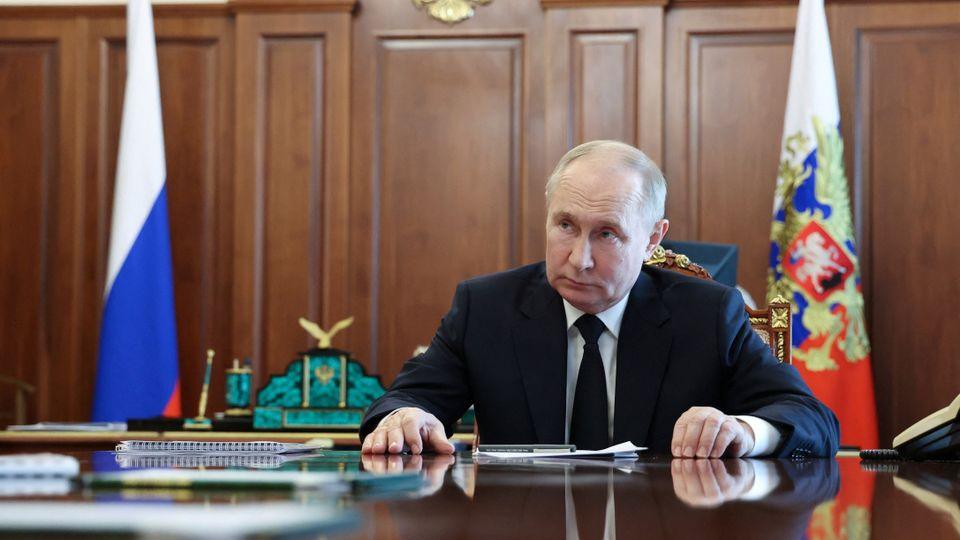Putin’s Strategic Manoeuvres: From Beijing’s Military Parade to Ukraine War Escalation

Recent Diplomatic Moves and International Relations
Russian President Vladimir Putin recently attended a significant event in China, joining Chinese President Xi Jinping and North Korea’s Kim Jong Un in Beijing. The three leaders engaged in discussions that garnered global attention.
Military Operations and Ukraine Conflict
While international attention has been divided, Putin has leveraged the opportunity to maintain momentum in the Ukraine war. Recent developments indicate Russian advances into new regions in central Ukraine, with a substantial military buildup near the northeastern regional capital of Sumy. According to analysis from the Institute for the Study of War, Russian forces captured more territory in June than in any month since last November. The Ukrainian military recently faced what it described as the largest-scale aerial assault since Russia’s 2022 invasion.
Diplomatic Tensions and Peace Negotiations
In a significant statement, Putin declared that any foreign troops deployed to Ukraine would be considered “legitimate targets” by Moscow’s forces. This declaration came in response to European leaders reaffirming their commitment to provide potential peacekeeping forces as part of security guarantees for Ukraine.
Economic Pressures and International Sanctions
Despite Russia being the world’s most sanctioned country, the current regime of sanctions has largely failed to achieve its aim of constraining Russia’s ability to wage war. Experts argue that Russia’s oil export revenues remain its weak point. While oil rents represent just 10% of Russian GDP, cutting them off could significantly impact Putin’s ability to maintain his power structure.
Future Outlook
Analysts suggest that Putin is unlikely to end the war in Ukraine unless he perceives its continuation as a greater threat to his regime than stopping it without achieving his objectives. With fighting continuing and prospects of an acceptable peace settlement remaining low, coalition policymakers are seeking ways to increase pressure on the Kremlin.
